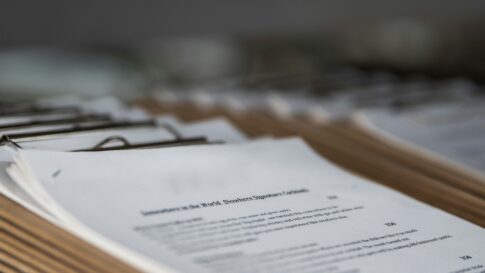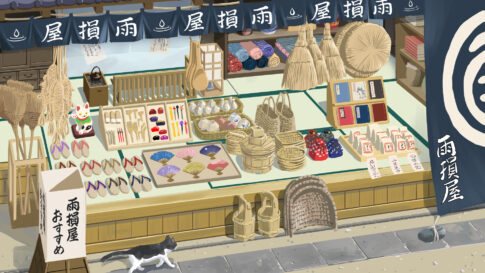In the Tokyo District Court and the Tokyo High Court, a lawsuit relating to Article 24 of the Act on Prohibition of Private Monopolisation and Maintenance of Fair Trade (Antimonopoly Act) was treated fairly.
In the Tabelog lawsuit, the Tokyo District Court judges sought an opinion from the Japan Fair Trade Commission (JFTC) and upheld Kanryumura’s claims. However, Kanryumura felt the amount of compensation granted was insufficient. Consequently, both parties were unhappy with the ruling by the judges and appealed to the Tokyo High Court, which overturned the previous verdicts and handed down a verdict in favour of Tabelog’s claim. Having read these verdicts, the Claimant realised that her claims would not have been deemed ‘not worth handling’, as happened in the court, if the judgment against her claims had been made by these judicial panels.
As stated previously, the Claimant was asked the following question by the presiding judge: ‘You are not saying it is wrong for policy violations to be claimed only against you when other shops are committing policy violations, are you?’ If the difference between the Tabelog lawsuit and the Claimant’s lawsuit is that the judge considers it not worth making a decision as to whether the case is violating the Antimonopoly act based on a single claim made by the Claimant, the Claimant has no choice but to do exactly what the ‘Association of Tabelog’s Victims’ are doing. This is to engage with victims who share the same views as the Claimant by opening a dedicated website, releasing the Briefs written by the Claimant in both Japanese and English to the public, and gathering cases not only from Japan but also from overseas.
[Case study: Reiwa 2 (Wa) 12735 – Claim for compensation for damages, ‘Tabelog Lawsuit’]Read about this in more detail: Claimant’s Brief 14 (pp.122-141)






